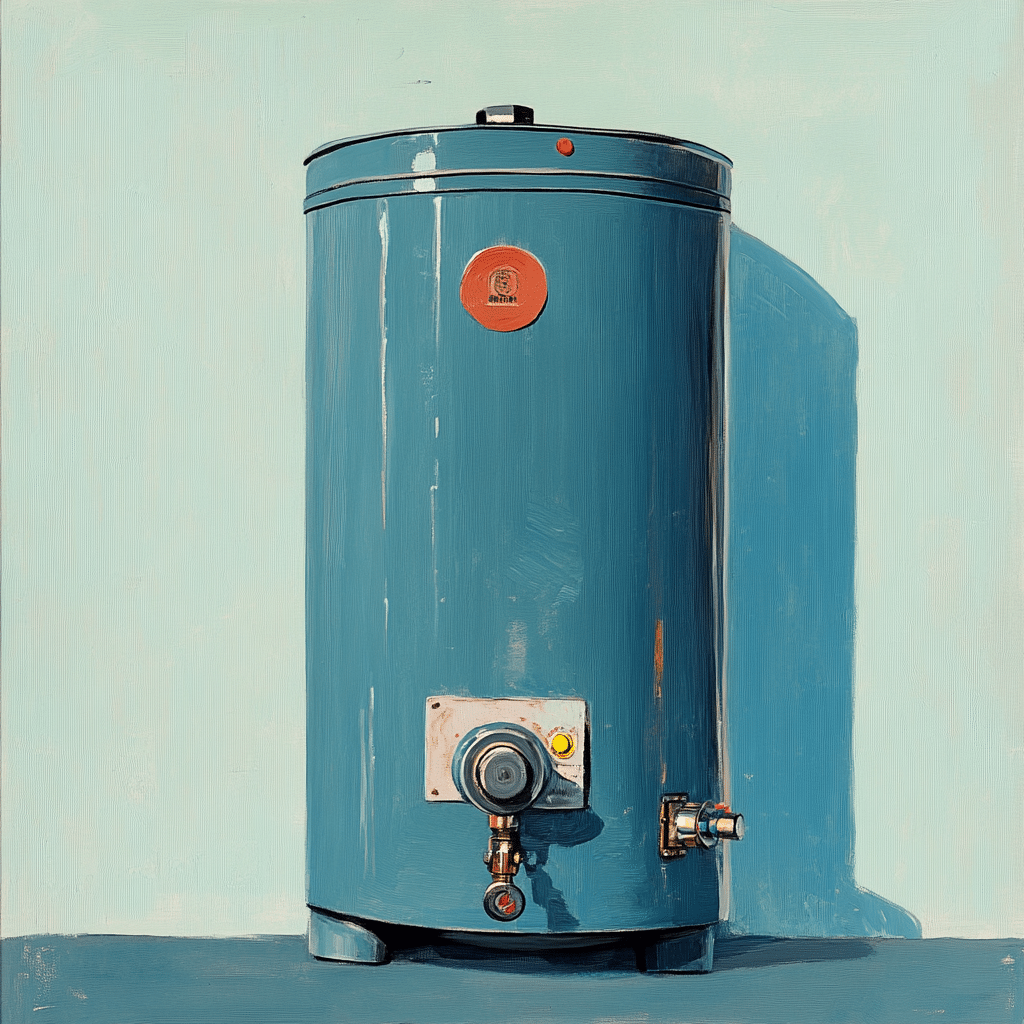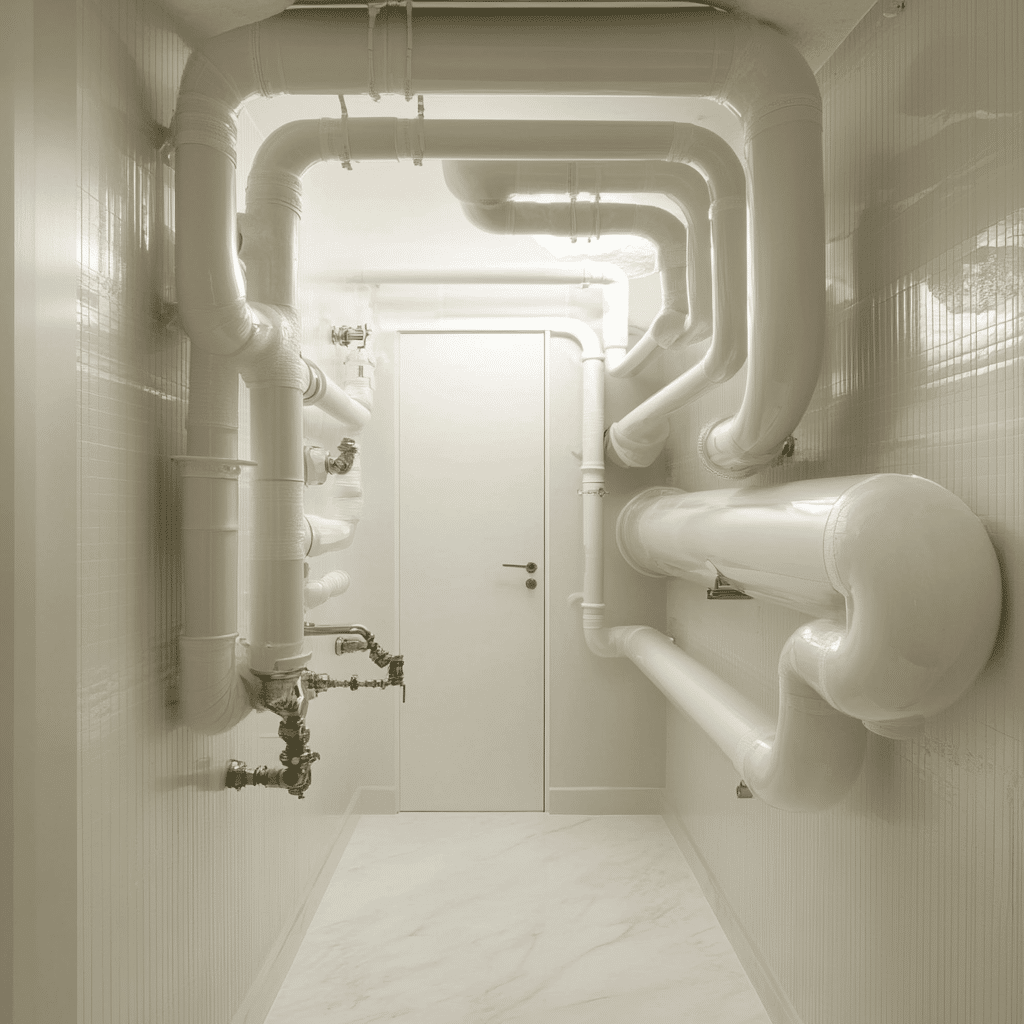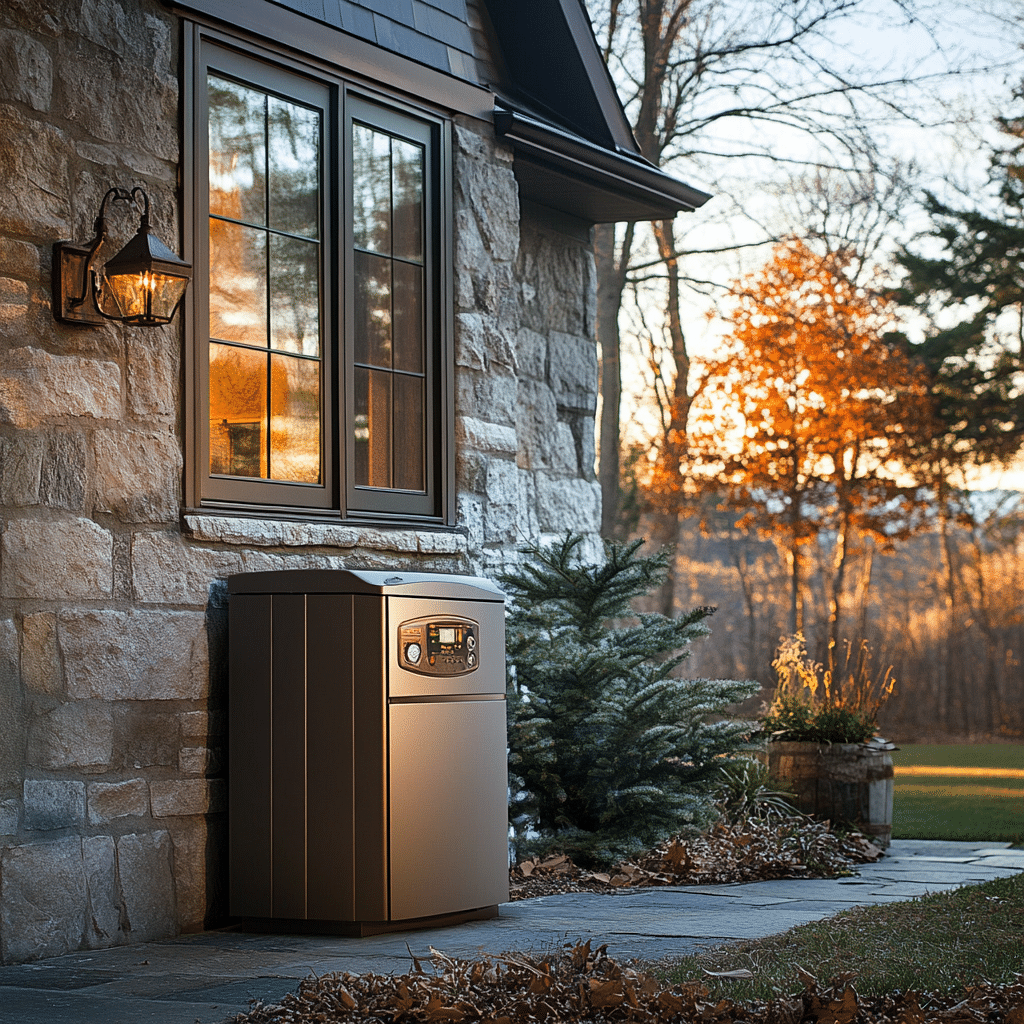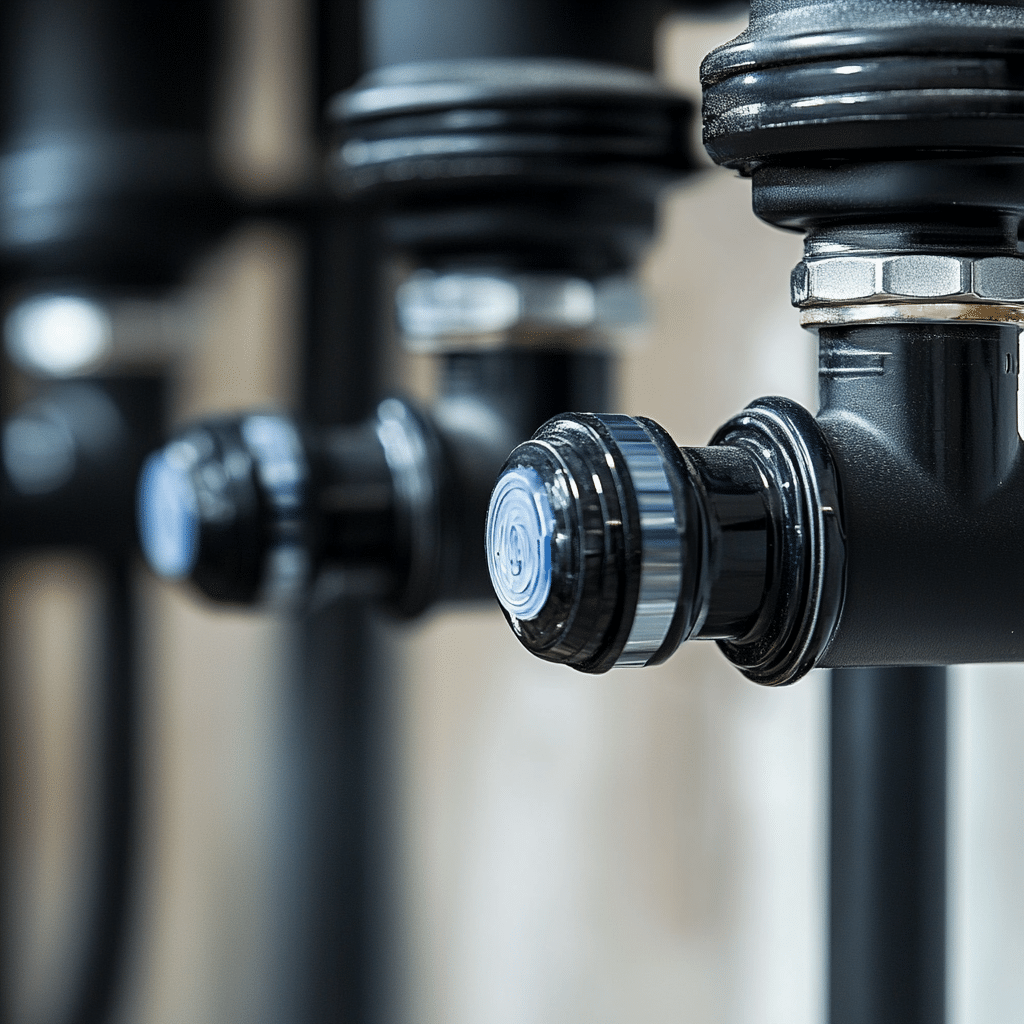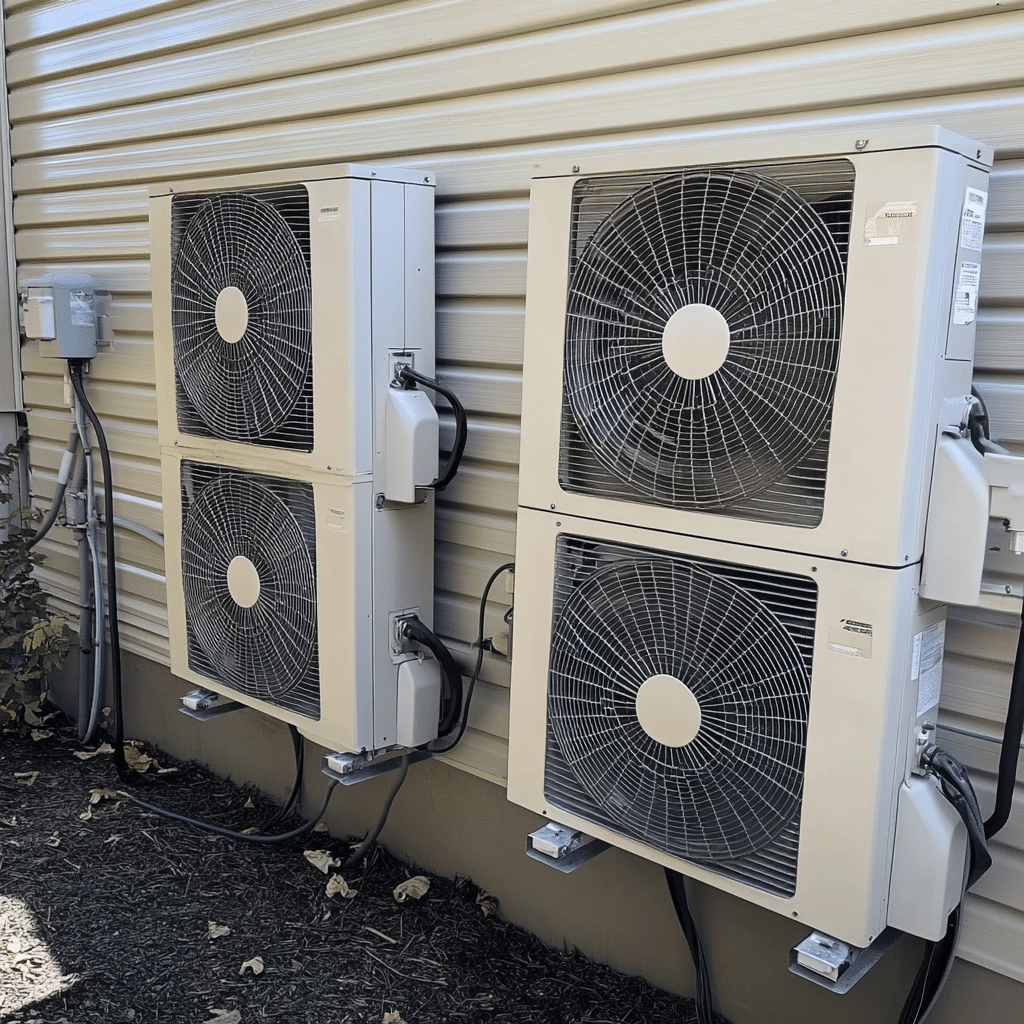Importance of Addressing Common HVAC Problems
Common HVAC problems can significantly impact your comfort, energy efficiency, and the overall longevity of your system. Neglecting your HVAC system can lead to higher energy bills, decreased indoor air quality, and potentially expensive repairs down the line. Proper attention to these common issues is crucial for maintaining an efficient and well-functioning system.
By understanding these issues and taking preventative measures, you can ensure that your HVAC system operates efficiently and effectively. Regular maintenance and working with a professional HVAC technician are key components in keeping your system running smoothly.

Problem 1: Dirty or Clogged Air Filters
Understanding the Problem
Dirty or clogged air filters are among the most common HVAC problems. They restrict airflow, reducing system efficiency and leading to higher energy costs. When an air filter becomes clogged, it forces the HVAC system to work harder to push air through, which can strain the blower motor. This additional strain can result in circuit breaker trips and unnecessary service calls, further increasing costs. A dirty air filter can also compromise indoor air quality, allowing dust and other particles to circulate through your home.
Prevention Tips
To prevent these issues, change air filters regularly as recommended in the owner’s manual. Regularly changing your air filter ensures that the system operates efficiently and helps maintain good indoor air quality. Additionally, using a high-quality air filter that captures smaller particles can provide an extra level of protection, keeping your air cleaner and your system running smoothly.
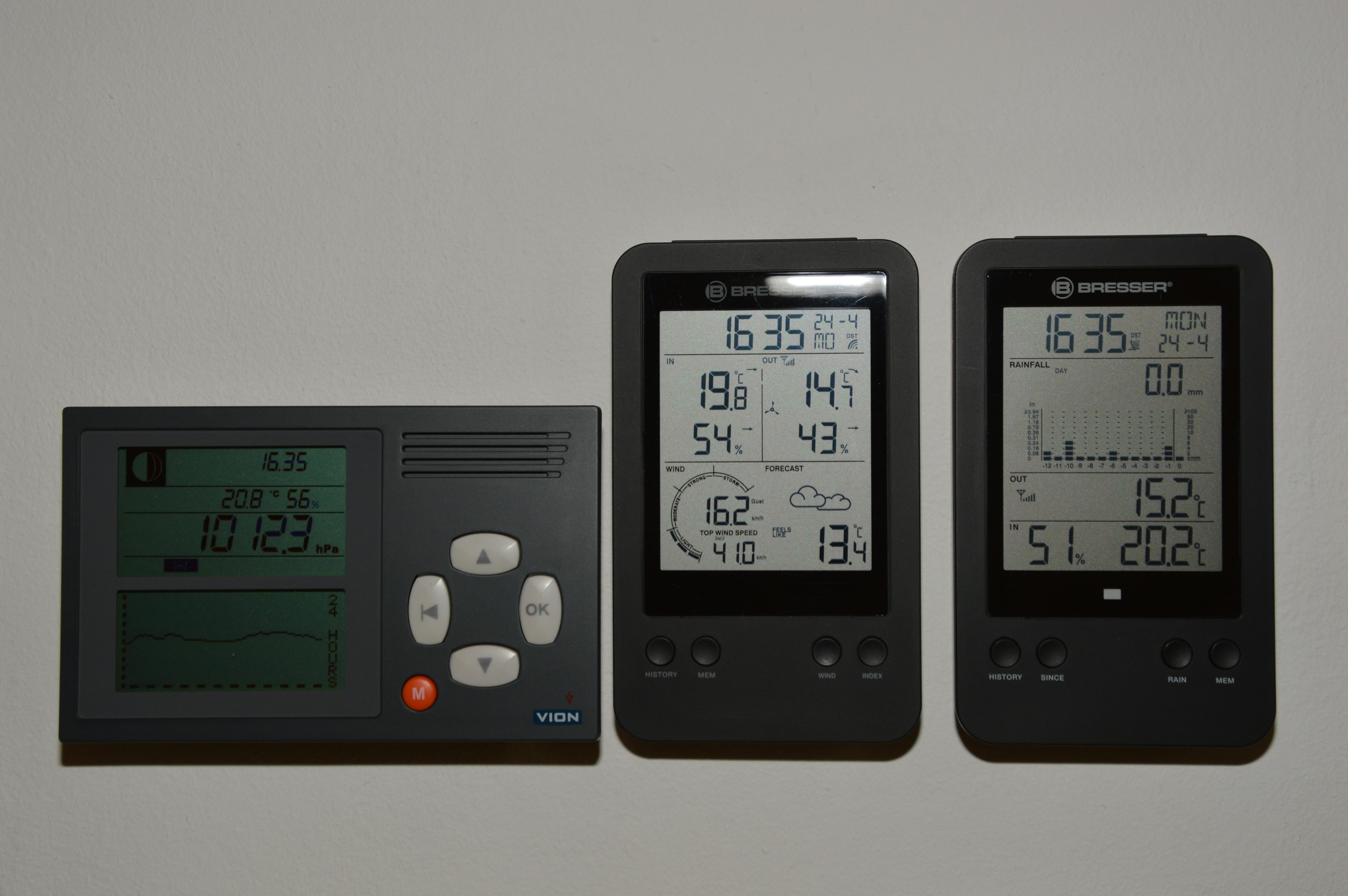
Problem 2: Thermostat Issues
Understanding the Problem
Thermostat issues are another common HVAC problem that can lead to uneven temperatures and high energy bills. Incorrect thermostat settings or a malfunctioning thermostat can cause your HVAC system to run longer than necessary, wasting energy and increasing wear and tear on the system.
Additionally, improper thermostat placement, such as near a circuit breaker or in direct sunlight, can lead to inaccurate temperature readings, affecting the performance of the HVAC system. This can result in the system running more frequently or for longer periods, further contributing to inefficiency and increased energy costs.
Prevention Tips
Ensure that your thermostat is placed away from direct sunlight, blocked vents, and other heat sources. Regularly check your thermostat settings to ensure they are accurate and adjust them as needed. If your thermostat is outdated or not functioning correctly, consider replacing it with a newer model. A programmable or smart thermostat can also help optimize energy use by automatically adjusting the temperature based on your schedule, further improving system efficiency.
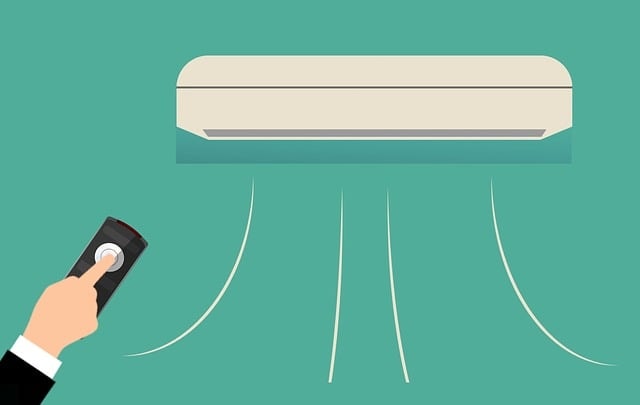
Problem 3: Refrigerant Leaks
Understanding the Problem
Refrigerant leaks in an air conditioning system or heat pump can cause the system to lose cooling efficiency and fail to provide cool air. Low refrigerant levels can lead to a frozen evaporator coil, reduced cooling capacity, and increased energy costs. These refrigerant leaks can occur due to a variety of reasons, including damage to the indoor unit or outdoor components. If left unaddressed, refrigerant leaks can lead to more severe issues, such as compressor failure, which can be costly to repair or replace.
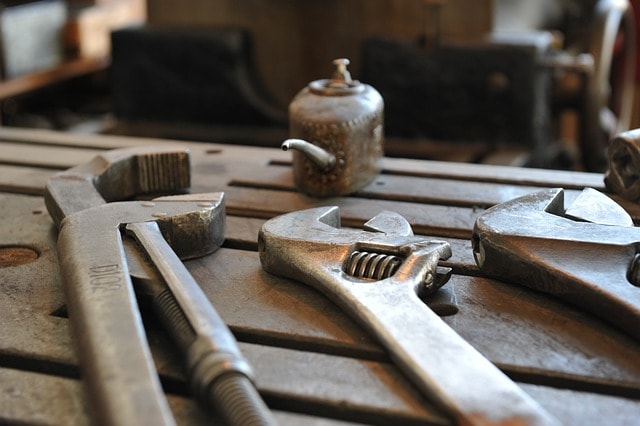
Prevention Tips
To prevent refrigerant leaks, have a trained technician inspect the refrigerant levels and use an electronic leak detector to identify any potential leaks. Promptly addressing these leaks can prevent the need for costly service calls and ensure that your system operates at peak efficiency. Regularly schedule preventative maintenance to ensure your AC unit or heat pump is operating properly and to catch any issues before they become more significant.
Problem 4: Dirty Condenser Coils
Understanding the Problem
Dirty condenser coils in your outdoor unit can reduce the system’s ability to release heat, causing the air conditioner to work harder and increasing energy bills. Over time, if left unaddressed, dirty condenser coils can contribute to electrical issues, such as tripping the circuit breaker. Additionally, dirty coils can lead to overheating and potential damage to the HVAC unit, which can shorten the system’s lifespan and increase repair costs.
Prevention Tips
Regularly clean the condenser coils and ensure the outdoor unit is free from debris, leaves, and dirt. Regular cleaning can prevent dirt buildup that could lead to system inefficiency and breakdowns. Schedule annual regular maintenance with an HVAC professional to keep the condenser coils and other components clean, preventing these HVAC problems and ensuring that your system operates efficiently.
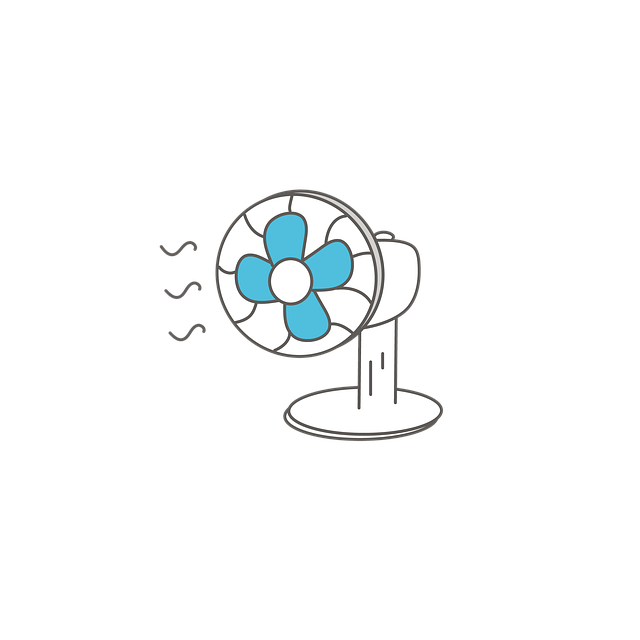
Problem 5: Blower Motor and Fan Issues
Understanding the Problem
A malfunctioning blower motor can result in inadequate airflow through the HVAC system, leading to poor airflow and uneven heating or cooling. Blocked vents or a dirty air handler can further exacerbate the issue, reducing system efficiency and leading to high energy bills.
If the blower motor or fan is not regularly maintained, it may cause unusual noises, which are often indicative of larger HVAC issues. These problems can also lead to overheating, causing the system to trip the circuit breaker and potentially fail.
Prevention Tips
To prevent blower motor and fan issues, keep all vents and air handler components clean and free from obstructions. Regularly check for any blockages or buildup that could impede airflow. Have an HVAC technician inspect and lubricate the blower motor during routine maintenance to ensure it operates smoothly and efficiently, preventing costly repairs and ensuring your HVAC system remains energy efficient.
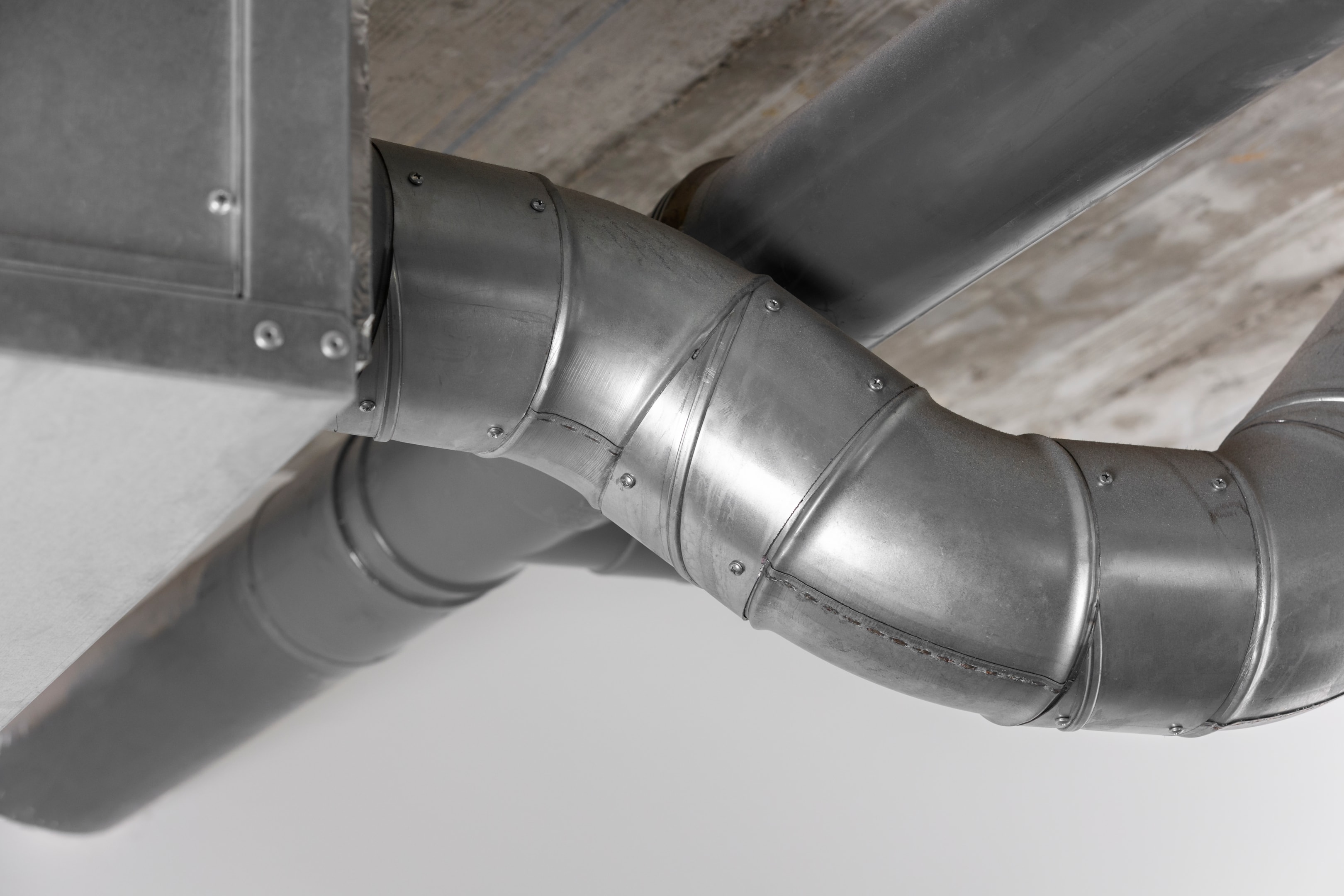
Problem 6: Leaky Ducts
Understanding the Problem
Leaky ducts can cause air conditioning and heating loss, leading to uneven temperatures and higher energy costs. Leaky ducts also allow conditioned air to escape into unconditioned spaces, such as attics or basements, which can cause the HVAC system to work harder and less efficiently. Over time, these leaks can also lead to dirty ductwork, which can harbor allergens and pollutants, further compromising indoor air quality.
Prevention Tips
To prevent leaky ducts, have your ductwork inspected and sealed by a professional HVAC technician. Regularly check for any visible damage to ductwork and ensure proper insulation to prevent energy loss and improve overall system efficiency. Sealing and insulating ducts can also prevent contaminants from entering the system, maintaining a cleaner indoor environment and ensuring that your HVAC system operates at peak efficiency.
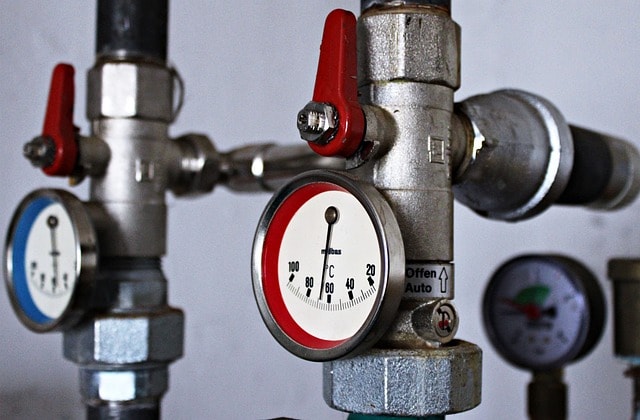
Problem 7: Pilot or Ignition Issues in Heating Systems
Understanding the Problem
Pilot light or ignition system failures in gas furnaces can prevent the heating system from producing warm air, leaving your home cold during winter. These issues can arise from gas supply problems, a faulty gas valve, or a malfunctioning circuit breaker. If not addressed, these problems can lead to inefficient operation of the gas furnace and increased energy costs due to the system’s inability to heat the home adequately.
Prevention Tips
To prevent pilot or ignition issues, schedule routine maintenance with a trained technician to inspect the gas supply, pilot light, and ignition system. Regular inspections can help identify potential problems before they escalate into more serious issues. Replace faulty circuit breakers or gas valves promptly to ensure the furnace operates safely and efficiently, preventing unexpected breakdowns and maintaining consistent home heating.
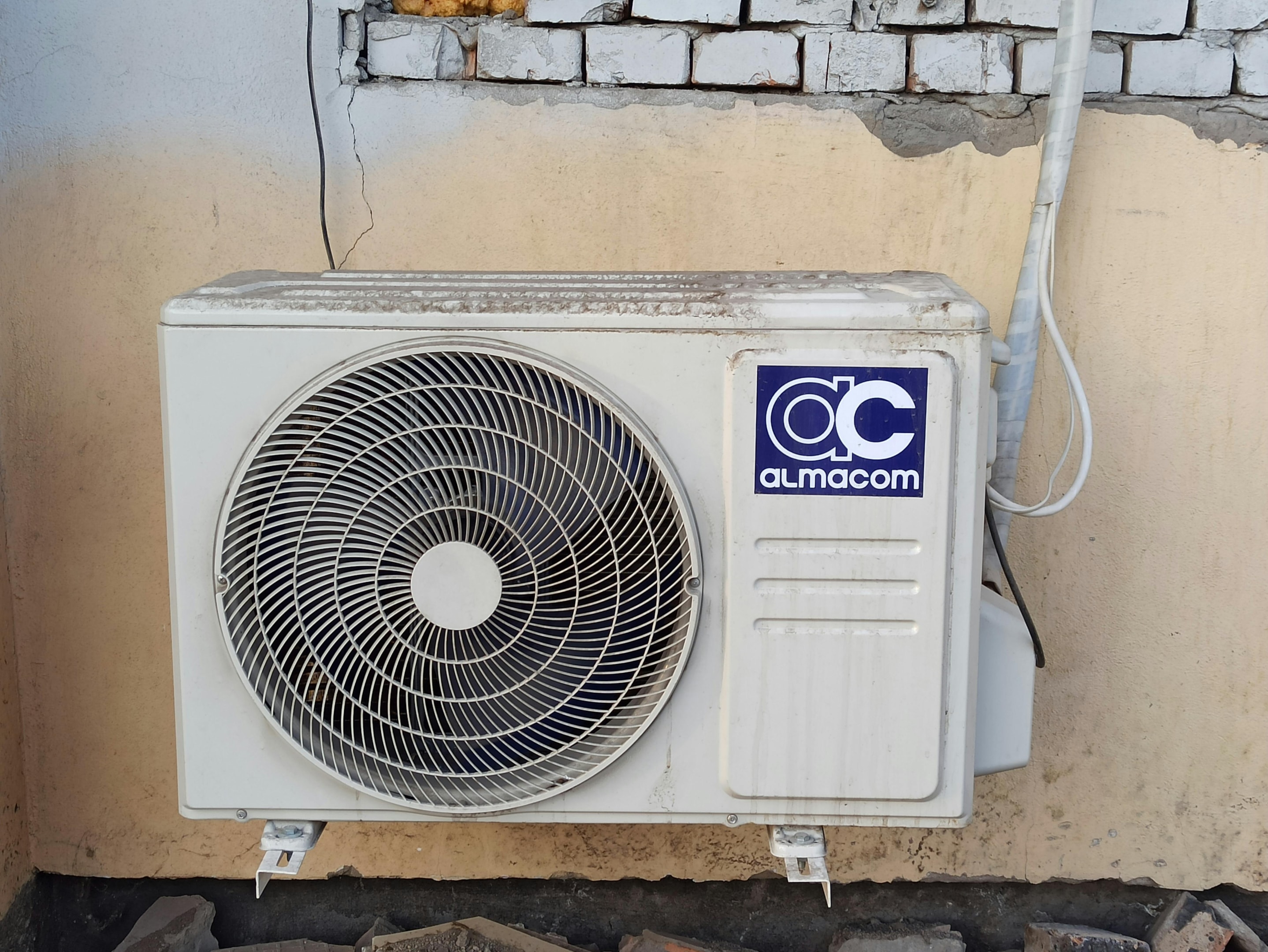
Problem 8: Frozen Evaporator Coil
Understanding the Problem
A frozen evaporator coil can occur due to refrigerant leaks, dirty air filters, or inadequate airflow, leading to reduced cooling efficiency. When the evaporator coil freezes, it can prevent the AC system from producing cool air and cause the system to shut down, potentially requiring an emergency service call. A frozen coil can also cause water leaks from the indoor unit as the ice melts, leading to water damage in your home.
Prevention Tips
To prevent a frozen evaporator coil, regularly change air filters and ensure proper airflow through the system. Keeping air filters clean and free of debris is crucial to maintaining proper system operation. Have an HVAC professional inspect the evaporator coils and refrigerant levels during routine maintenance to prevent freezing and ensure the system is operating properly. If you notice any signs of a refrigerant leak or reduced cooling efficiency, contact a trained technician immediately to avoid further damage.

Problem 9: Water Leaks from the HVAC System
Understanding the Problem
Water leaks can occur if the drain pan is clogged or if there is a blockage in the condensate line, leading to potential water damage. These leaks can also indicate issues with the indoor unit, such as a frozen evaporator coil or dirty filter. Water leaks can also signal more significant HVAC problems, such as a malfunctioning blower motor or improper system drainage. If left unaddressed, water leaks can lead to mold growth and further damage to your home.
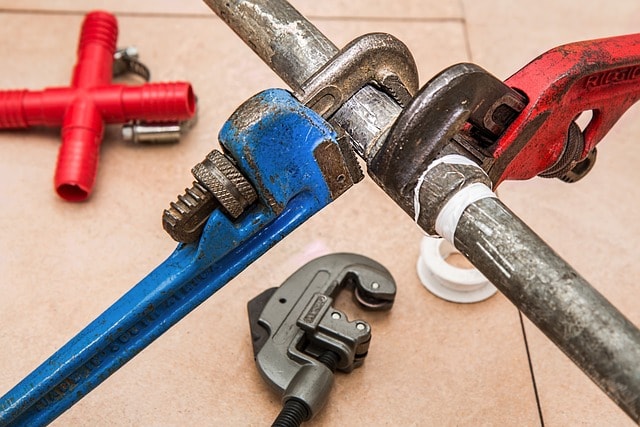
Prevention Tips
To prevent water leaks from your HVAC system, regularly inspect the drain pan and condensate line for any blockages or clogs. Ensure that the drain pan is clean and free from debris, which can obstruct the flow of water. If you notice any signs of water accumulation or leaks, address them immediately to avoid further damage.
Additionally, scheduling regular maintenance with a professional HVAC technician can help ensure that all components, including the blower motor and drainage system, are functioning correctly. The technician can also check for any potential issues that could lead to water leaks, such as a frozen evaporator coil or a dirty filter, and address them before they cause problems. Properly maintaining your HVAC system will help prevent water leaks and protect your home from potential water damage and mold growth.
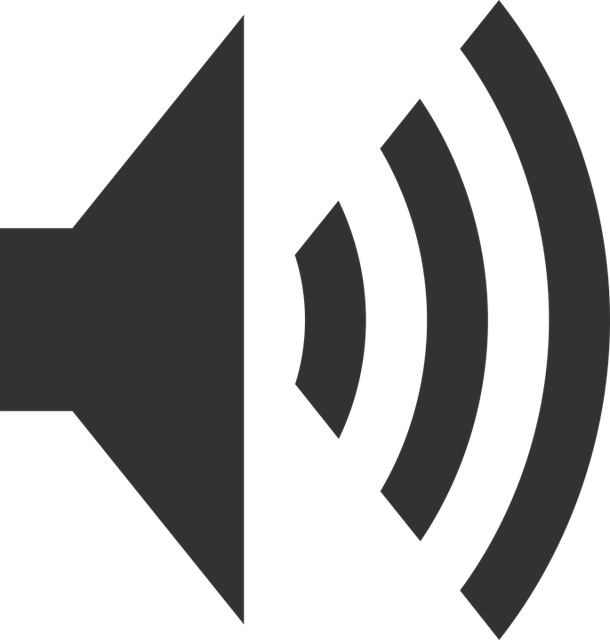
Problem 10: Unusual Noises from the HVAC Unit
Understanding the Problem
Unusual noises, such as banging, rattling, or screeching, can indicate HVAC problems like a damaged compressor, loose components, or a failing blower motor. Ignoring these noises can lead to more serious HVAC issues and costly repairs. These noises can also be a sign of electrical issues within the system, which can be dangerous if not addressed promptly.
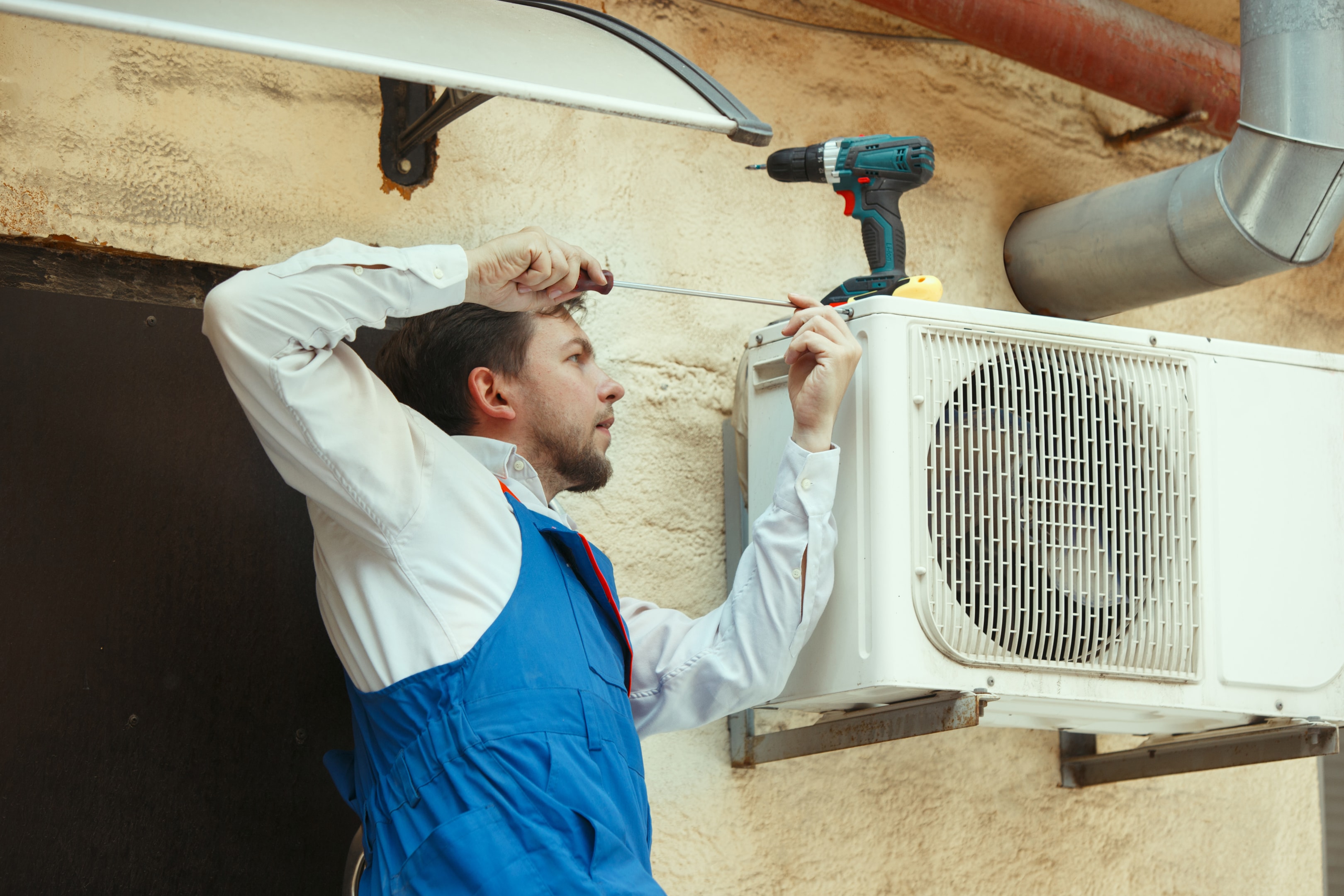
Prevention Tips
To prevent unusual noises and the underlying issues they indicate, have a professional HVAC technician inspect the system at the first sign of unusual sounds. Ensure all components are secure and the system is operating properly through routine maintenance. Addressing these issues early can prevent more significant problems and extend the life of your HVAC system.
Conclusion
Addressing common HVAC problems proactively can save you from costly repairs and ensure your system runs efficiently. By staying vigilant about issues like dirty air filters, thermostat malfunctions, and refrigerant leaks, you can maintain a comfortable and energy-efficient home. Regular maintenance and prompt attention to problems are key to preventing major breakdowns and extending the lifespan of your HVAC system. For professional guidance and to keep your HVAC system in top shape, don’t hesitate to contact us. We’re here to help you keep your home comfortable and your system running smoothly throughout the year.

